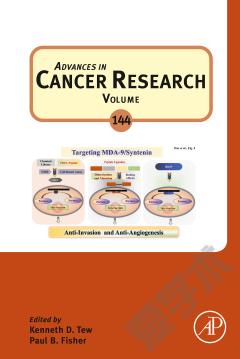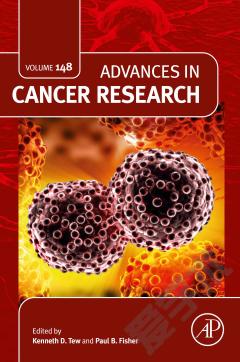Advances in Carcinogenesis Research
This book introduces recent topics regarding carcinogenesis, including manifold findings of cell proliferation biology, abnormal cell division, pathophysiology, diagnosis, prevention and treatment implicated in the fields of cancer. Carcinogenesis is a multistep process initiated by external stimuli that lead to genetic changes in normal cells or stem cells, resulting in proliferation, apoptosis, dysplasia and neoplasia. The expression, post-translational processing, and targeting of the gene products are frequently altered in transformed and malignant cells. Currently, prognosis of advanced cancer remains poor in spite of the development of novel therapeutic strategies. Improved knowledge of the oncogenic processes and signaling pathways that regulate tumor cell proliferation, differentiation, angiogenesis, invasion and metastatis has led to the identification of several potential therapeutic targets, which have driven the development of molecularly targeted therapies. The target is “drugable”, as an enzyme (kinase) or cell surface molecule (membrane-bound receptors) that can be easily screened for small-molecule inhibitors or targeted by a specific antibody. New perspectives in cancer treatment have appeared with the advent of microRNAs, a novel class of noncoding small RNAs. Moreover, identification of the genes that are differentially expressed between sensitive and resistant cancer cells for chemotherapy and radiation is important in the ability to predict the clinical effectiveness of therapy and develop new therapeutic tools. This book provides recently discovered information concerning cancer biology as well as translational treatment for cancer patients.
{{comment.content}}








 京公网安备 11010802027623号
京公网安备 11010802027623号